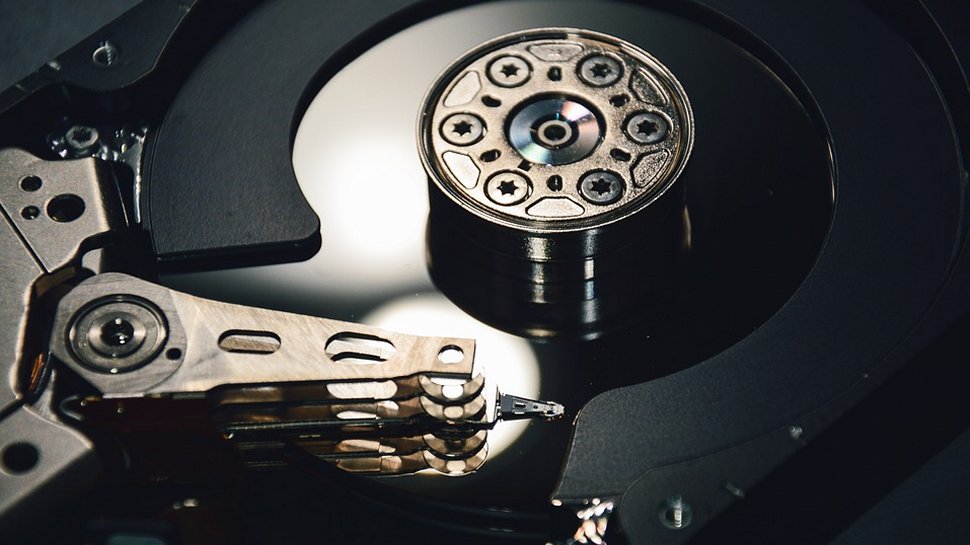
As the Artificial Intelligence (AI) industry continues to mature, it necessitates the development of robust infrastructure to train models and deliver services – greatly impacting data storage and management. This has significant implications for the amount of data generated and most importantly, how and where to store this insight.
The ability to manage this data efficiently is becoming critical as data requirements increase exponentially due to the continuous growth and development of AI tools. Therefore, the storage infrastructure needed to support these systems must be able to scale in parallel with the rapid advancements in AI applications and capabilities.
With AI creating new data and making existing data even more valuable, a cycle quickly emerges, where increased data generation leads to expanded storage needs. This fuels further data generation – forming a “virtuous AI data cycle” which drives AI development forward. To fully leverage AI’s potential, organizations must not only grasp this cycle, but fully understand its implications for infrastructure and resource management.
Peter Hayles, Product Marketing Manager HDD, Western Digital.
A six stage AI data cycle
The AI Data Cycle consists of a six-stage framework designed to streamline data handling and storage. The first stage is focused on collecting existing raw data and storage. Data here is collected and stored from various sources, and the analysis of the quality and diversity of collected data is critical – setting the base for the next stages. For this stage of the cycle, capacity enterprise hard disk drives (eHDDs) are recommended, as they deliver the highest capacity per drive and lowest cost per bit.
The next stage is where data is prepared for intake and the evaluation from the previous stage is administered, prepared and transformed for training purposes. To accommodate this stage, datacentres are applying upgraded storage infrastructure – like fast data lakes – to support data for preparation and intake. Here, high-capacity SSDs are needed to…
Read full post on Tech Radar
Discover more from Technical Master - Gadgets Reviews, Guides and Gaming News
Subscribe to get the latest posts sent to your email.








